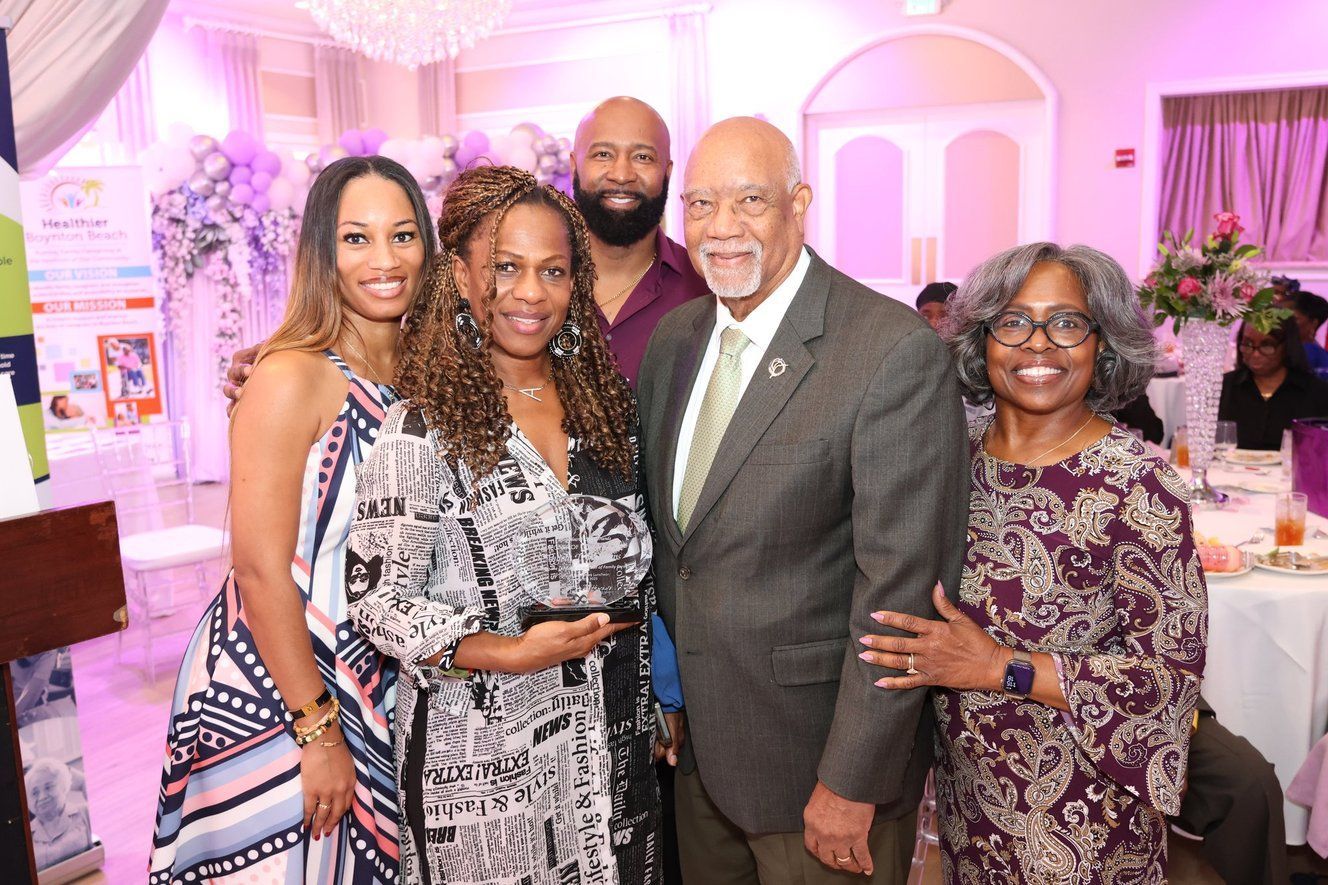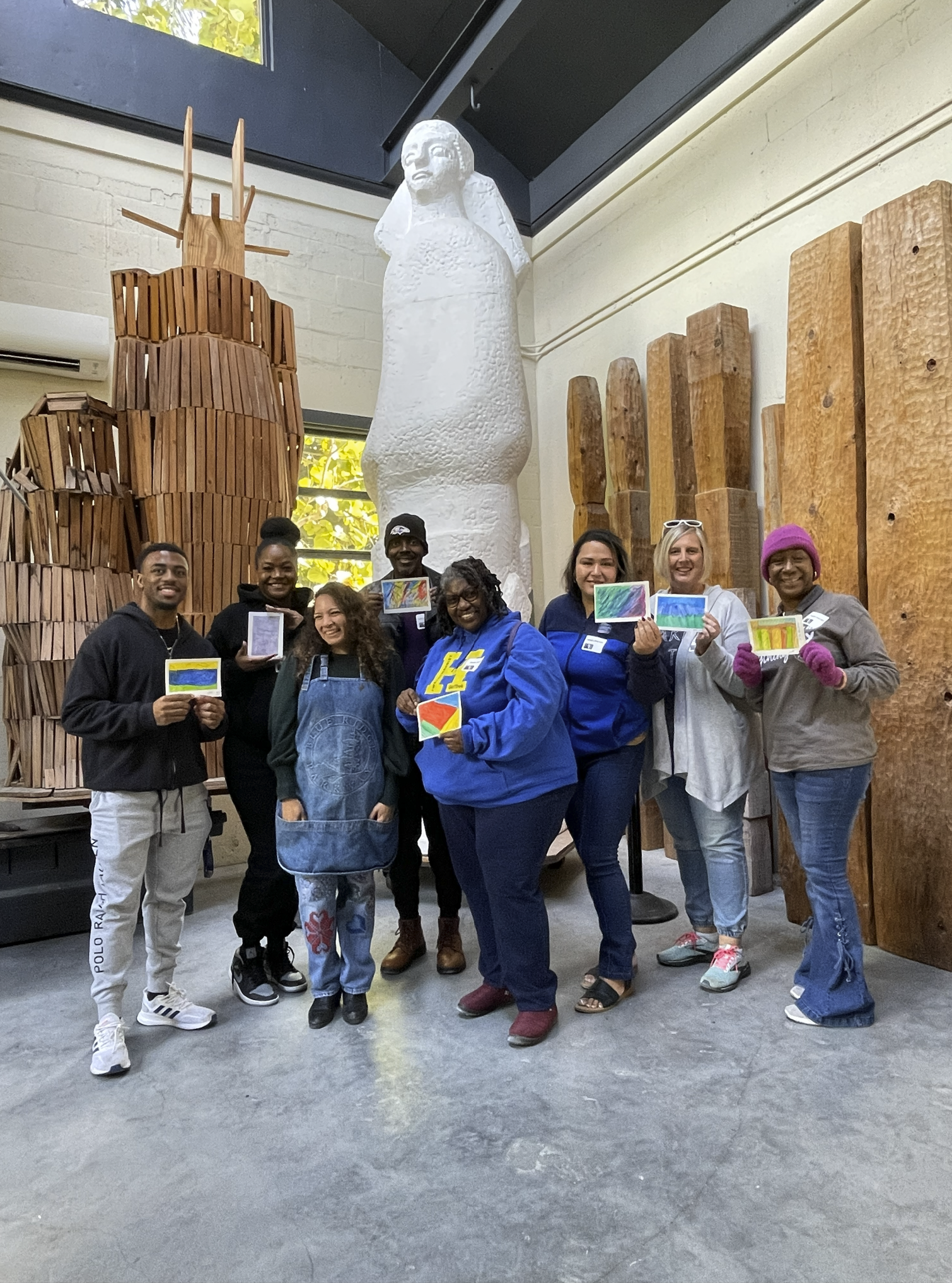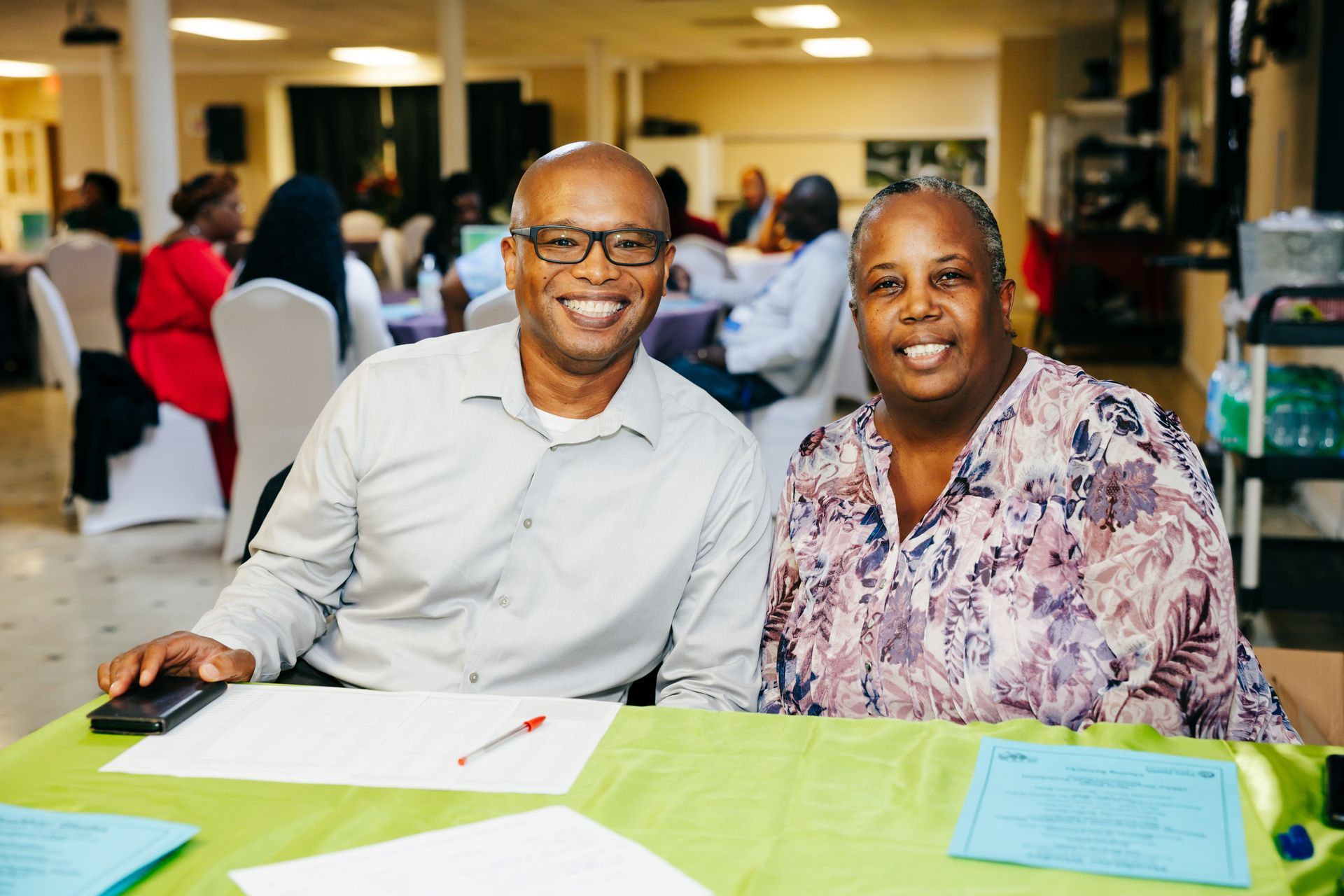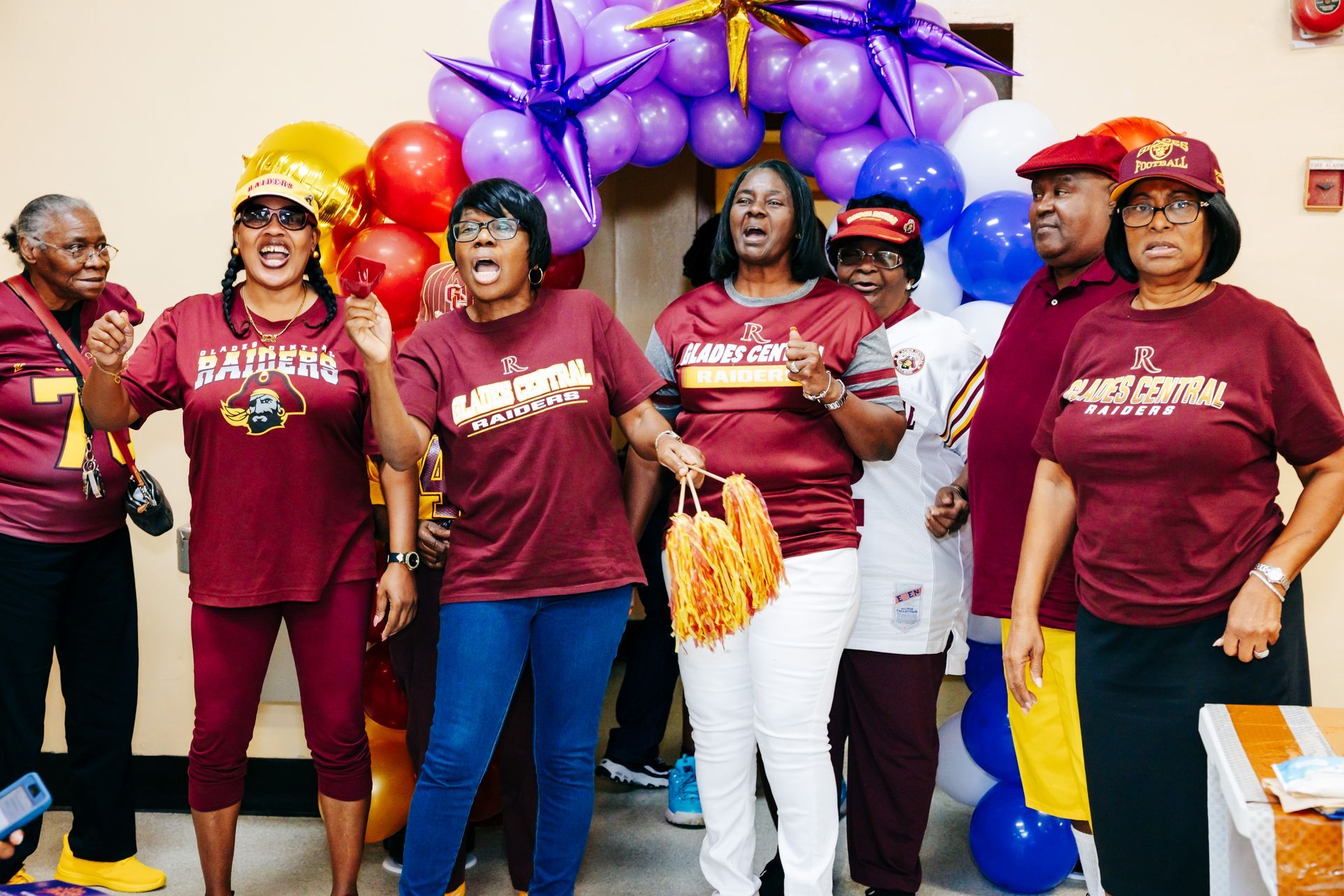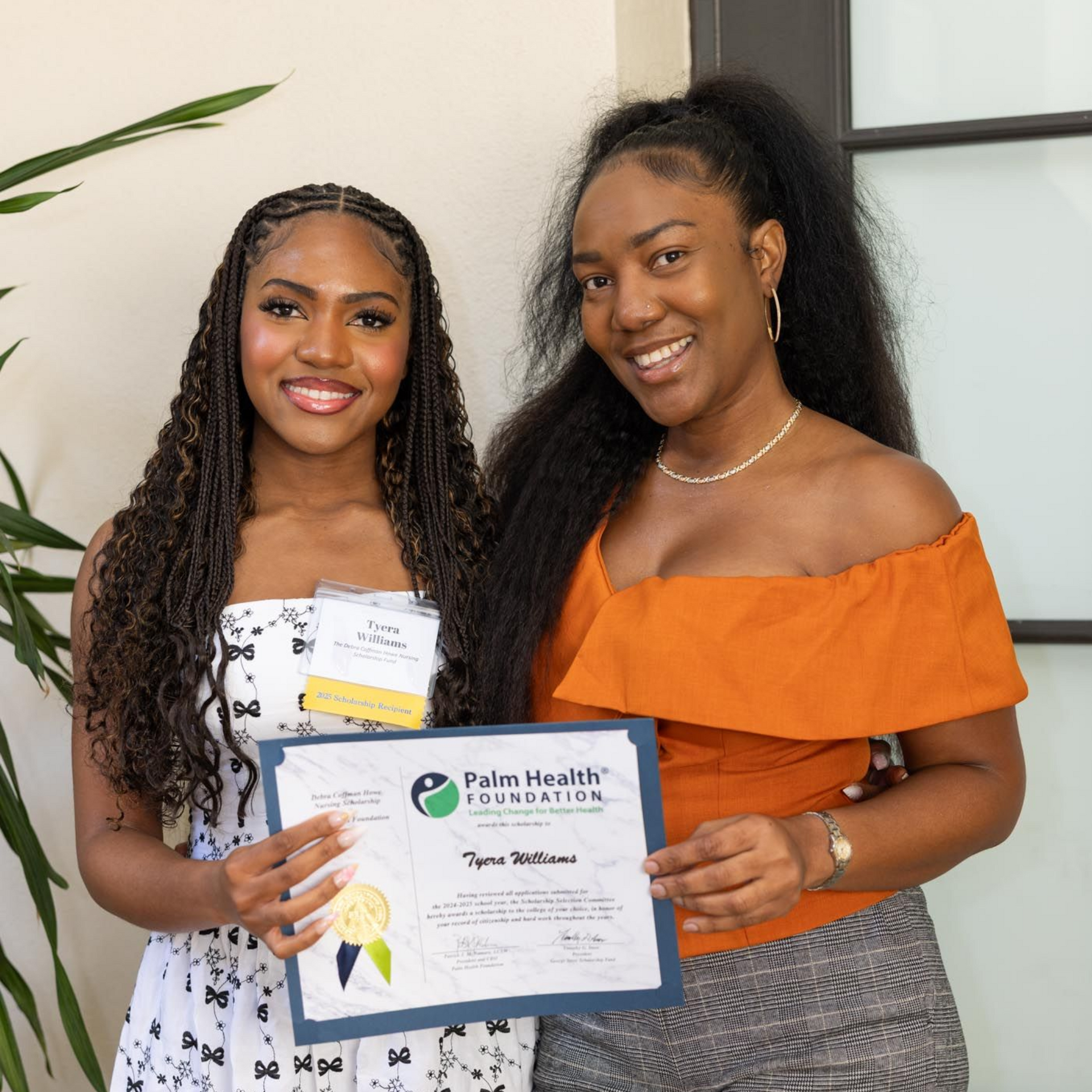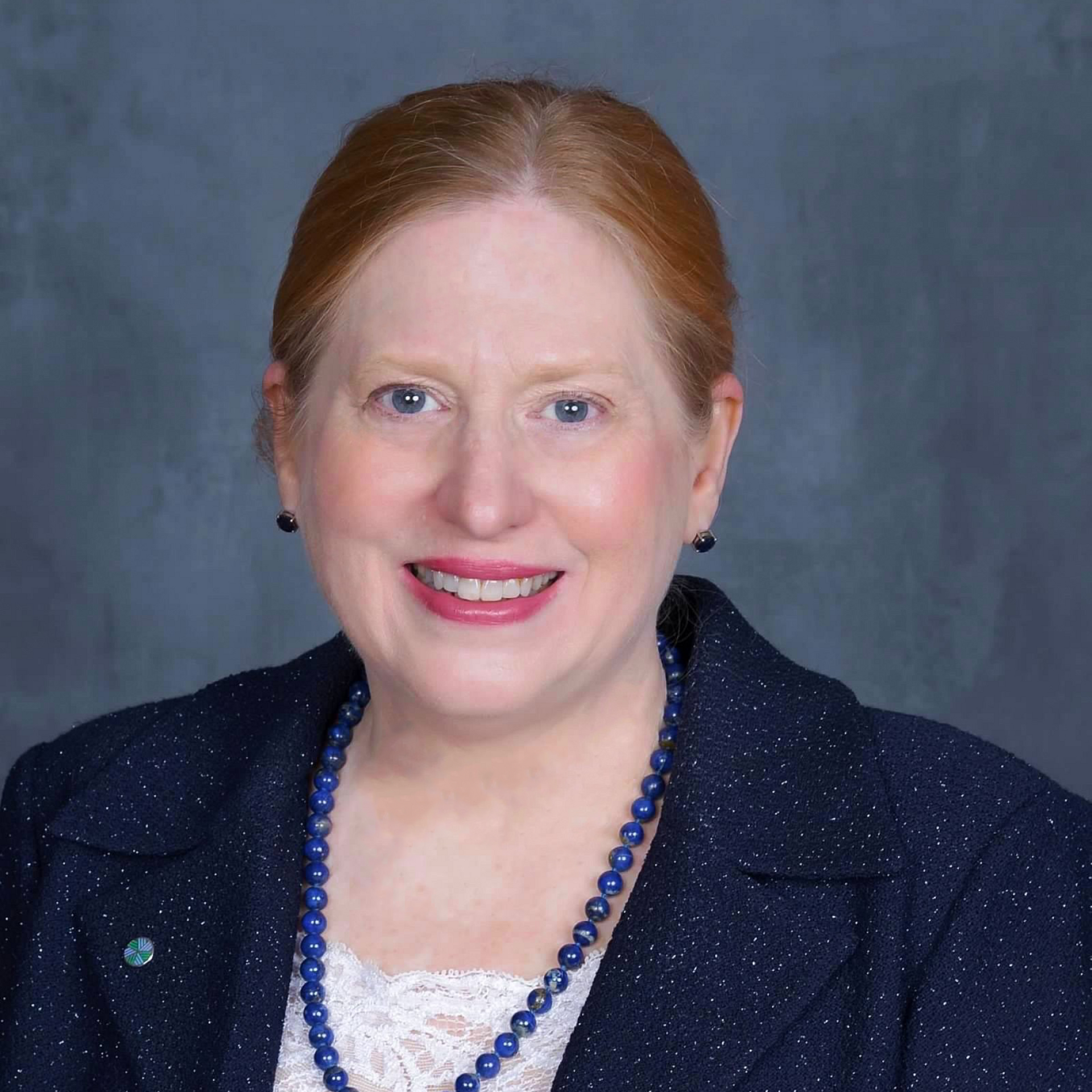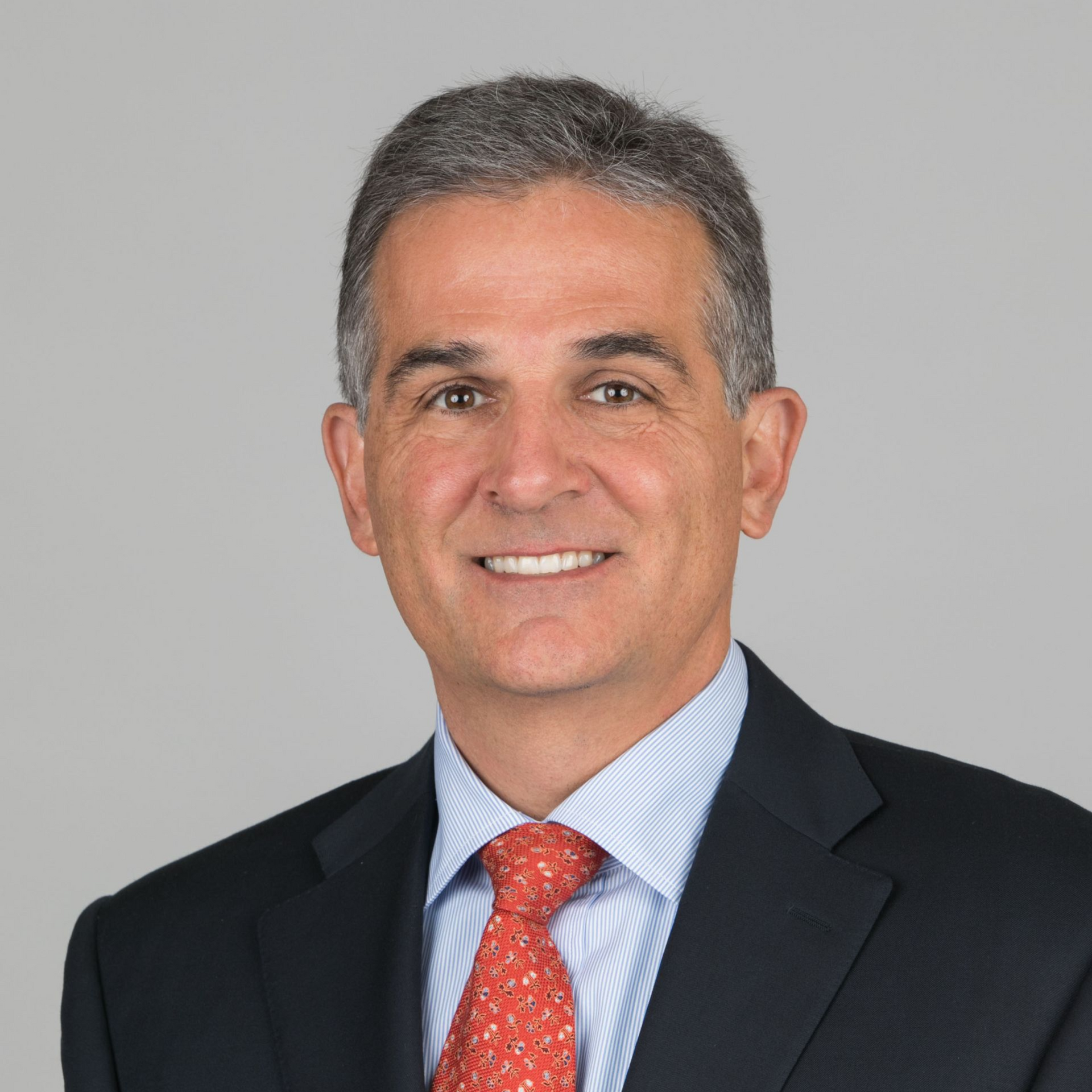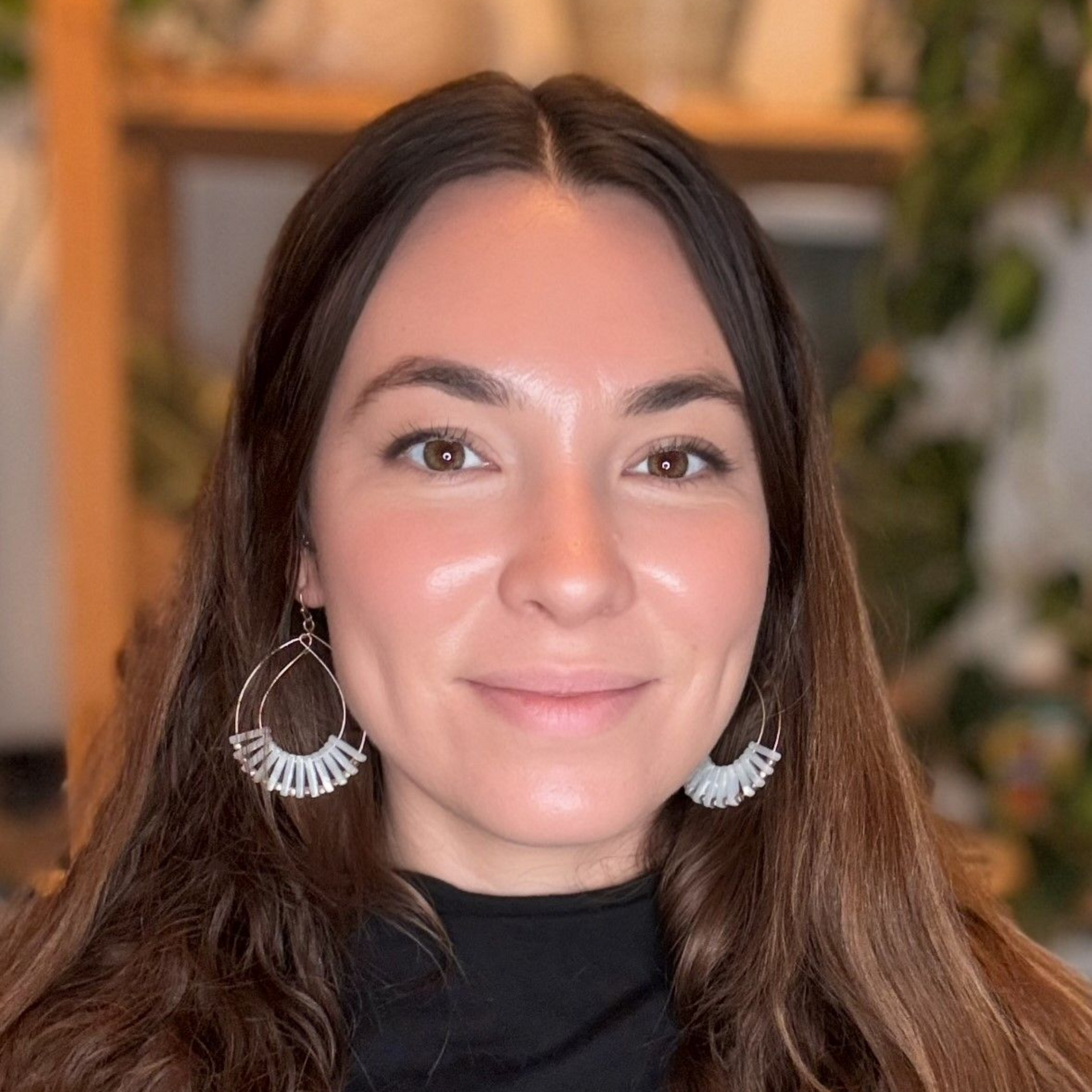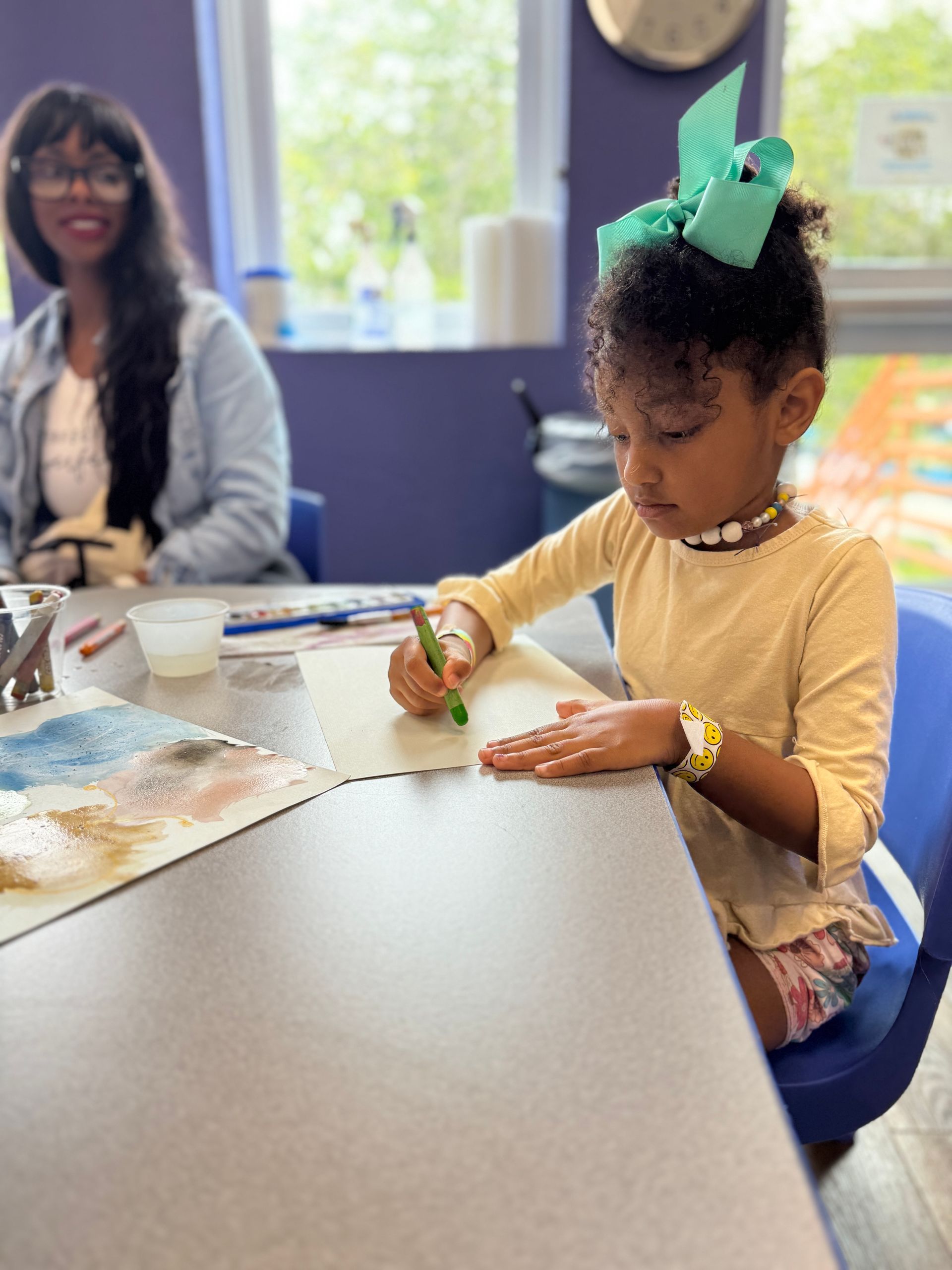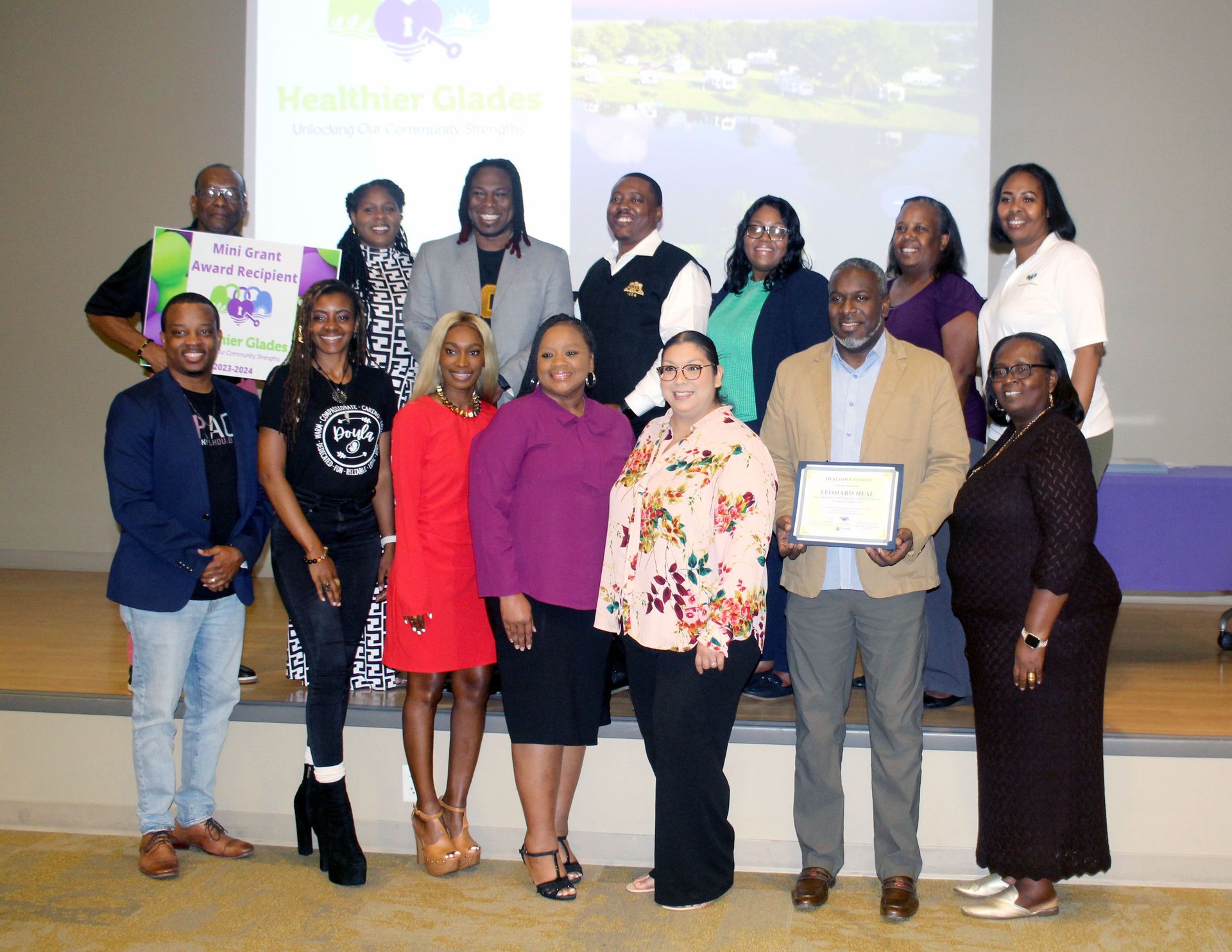FAU Names Palm Health Foundation Computational Brain Health Graduate Fellows
A $1 million gift last fall from Palm Health Foundation (PHF) has launched the Florida Atlantic University Stiles-Nicholson Brain Institute’s “Computational Brain Science and Health Graduate Fellowships.” The gift, awarded through PHF’s Brain Health Innovation Fund, supports new technologies, treatments, resources and educational tools to advance brain health in the community.
FAU has selected four Ph.D. students whose work embraces computational neuroscience to receive the inaugural fellowships. They will be collaborating with FAU faculty on advanced research targeted at understanding the underpinnings and treatment of various brain disorders.
“With generous support from Palm Health Foundation, we are training talented young scientists who will contribute important knowledge and discoveries that will help to address some of our most pervasive and debilitating brain disorders,” said Randy Blakely, Ph.D., executive director, FAU Stiles-Nicholson Brain Institute and a professor in biomedical science of FAU’s Schmidt College of Medicine. “These outstanding Ph.D. students selected to receive our first fellowships excel in their fields of research, which target data-intensive investigations underlying Alzheimer’s disease, Parkinson’s disease, autism spectrum disorders, ADHD, depression, among others, that benefit from computational approaches.”
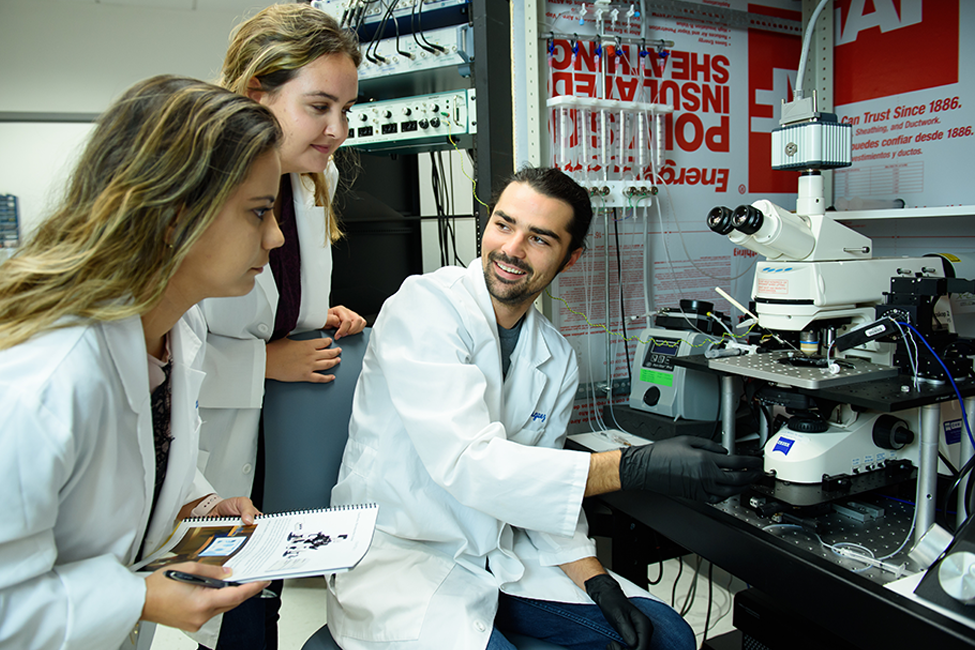
Photo Source: FAU Stiles-Nicholson Brain Institute
The recipients of the inaugural PHF Computational Brain Health Graduate Fellowships are:
Jasmine Chan: Chan is a fourth-year graduate student working under the mentorship of Teresa Wilcox, Ph.D., interim dean and chair, FAU Department of Psychology, within the Charles E. Schmidt College of Science, and a member of the FAU Stiles-Nicholson Brain Institute; Terrence Barnhardt, Ph.D., an associate scientist, FAU Department of Psychology; and Behnaz Ghoraani, Ph.D., associate professor, FAU Department of Electrical Engineering and Computer Science, within the College of Engineering and Computer Science, a fellow of the FAU Institute for Sensing and Embedded Networks Systems Engineering (I-SENSE), and a member of the FAU Stiles-Nicholson Brain Institute.
Chan will use a powerful signal processing approach and machine learning to dissect the patterns of brain activity that occur when individuals form ad hoc categories in novel situations. When people are presented with new situations, they often have to search their knowledge to form a new category of items that are appropriate to use for the given scenario. Interestingly, these ad hoc categories are not generated as effectively among older adults and patients with Alzheimer's disease (AD). Findings from this project could be used as a diagnostic tool to identify cognitive changes in patients at risk for, or suffering from, AD and other cognitive disorders as biomarkers for objectively selecting and developing treatment options.
Hadi Esfandi: Esfandi is a third-year graduate student who is working under the mentorship of Ramin Pashaie, Ph.D., an associate professor, FAU Department of Electrical Engineering and Computer Science, within the College of Engineering and Computer Science, a fellow of FAU’s I-SENSE, and a member of the FAU Stiles-Nicholson Brain Institute. Esfandi will design a computational model to understand how altered neurovascular coupling supports AD risk. Neurovascular coupling is a process by which brain cells control the flow of blood to support neural function and health. Esfandi’s research will help to better understand the pathophysiology of the disease, develop new treatments and therapies for AD, and identify neurovascular signals for early detection of AD. Approximately 580,000 people are now living with AD in Florida and this number is projected to increase to more than 720,000 by 2025.
Joseph McKinley: McKinley is a fourth-year graduate student working under the mentorship of Christopher Beetle, Ph.D., associate professor, FAU Department of Physics, within the Charles E. Schmidt College of Science; and Emmanuelle Tognoli, Ph.D., a research professor, FAU Department of Psychology and Center for Complex Systems and Brain Sciences, within the Charles E. Schmidt College of Science, and a member of the FAU Stiles-Nicholson Brain Institute. McKinely will develop computational models to provide a theoretical foundation for the dynamic responses to neurostimulation. Neurostimulation is a health intervention that disrupts pathological states of neuronal activity, with broad applications in the treatment of many illnesses including Parkinson’s disease, chronic pain, and major depression. Such a framework will help tailor treatment protocols to the unique needs of individual patients, improving efficacy and minimizing side effects.
Yosun Yoon: Yoon is a fourth-year graduate student working under the mentorship of
Sang Hong, Ph.D., an associate professor, FAU Department of Psychology within the Charles E. Schmidt College of Science, and a member of the FAU Stiles-Nicholson Brain Institute. Yoon’s research is focused on computational models, which indicate that the strength of synchronization among brain networks promotes flexible cognitive behavior. Yoon will use a non-invasive brain stimulation technique to examine and model how synchronization of the frontoparietal network alters cognitive flexibility. The long-term goal of the project is to build a foundation for developing a drug-free treatment for people with deficits in cognitive flexibility, such as people with autism spectrum disorders, attention-deficit/hyperactivity disorder and major depressive disorder. In 2021, the United States Centers for Disease Control and Prevention reported that approximately 1 in 44 children in the U.S. is diagnosed with an autism spectrum disorder.
“Palm Health Foundation is honored to support these fellows in their contributions to the brain health field,” said Patrick McNamara, President and CEO of Palm Health Foundation. “We know that overall wellbeing is intimately connected to the good health of the brain. Our partnership with the Stiles-Nicholson Brain Institute is an example of the foundation’s commitment to fostering partnerships between brain science, community members, and care settings, with the ultimate goal of putting Palm Beach County on the map as a national leader in brain health.”
About Florida Atlantic University:
Florida Atlantic University, established in 1961, officially opened its doors in 1964 as the fifth public university in Florida. Today, the University serves more than 30,000 undergraduate and graduate students across six campuses located along the southeast Florida coast. In recent years, the University has doubled its research expenditures and outpaced its peers in student achievement rates. Through the coexistence of access and excellence, FAU embodies an innovative model where traditional achievement gaps vanish. FAU is designated a Hispanic-serving institution, ranked as a top public university by U.S. News & World Report and a High Research Activity institution by the Carnegie Foundation for the Advancement of Teaching. For more information, visit www.fau.edu.
About Palm Health Foundation:
Palm Health Foundation is Palm Beach County’s community foundation for health. With the support of donors and a focus on results, the foundation builds strong community partnerships, respects diverse opinions, advocates for its most vulnerable neighbors and inspires innovative solutions to lead change for better health now and for generations to come. The foundation supports health equity for Palm Beach County residents of all backgrounds, heritage, education, incomes and states of well-being. Palm Health Foundation has invested more than $89 million in Palm Beach County health since 2001. For more information about Palm Health Foundation, visit
palmhealthfoundation.org or call (561) 833-6333.
